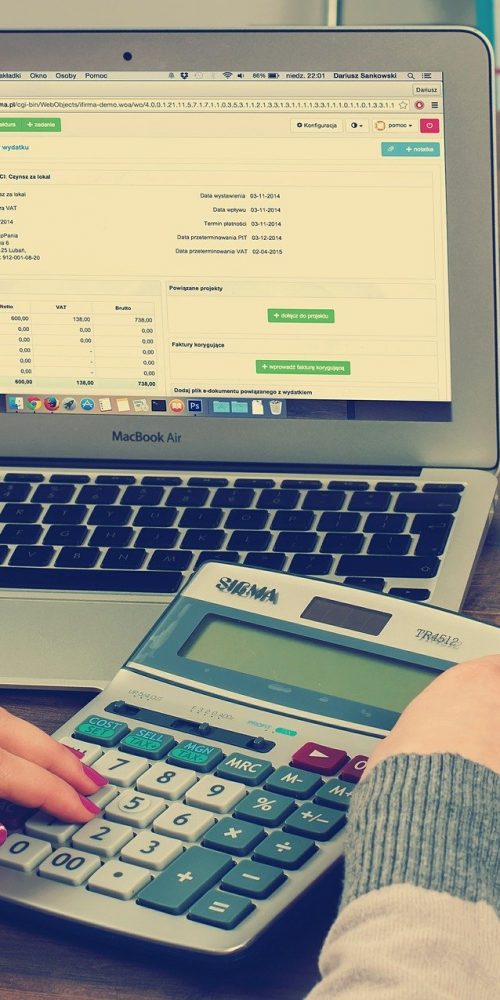Recognize the Critical Importance of Expert Tax Deadline Guidance
Recent research indicates that an alarming 25% of self-employed individuals in the UK are considering delaying their tax payments for the 2019-20 fiscal year. This trend stems from the intense financial hardships triggered by the coronavirus pandemic and the various restrictions that have adversely affected numerous businesses. A survey conducted by Which?, comprising 4,000 taxpayers, underscores the urgent requirement for tailored support regarding tax deadlines. These findings highlight a crucial necessity for effective solutions that can assist individuals grappling to meet their financial obligations during these unprecedented times.
As the critical deadline for tax return submissions approaches, with a cutoff set for January 31st and payment due for the 2019-2020 tax year, the urgency of the situation cannot be overstated. Disturbingly, nearly one in four self-employed taxpayers has already opted to delay their payments, which are due in less than two weeks. The situation is further complicated by the fact that approximately 22% of these individuals had previously taken advantage of the government's deferral option for payments due by July 2020. Furthermore, the survey estimates that UK taxpayers will collectively allocate around 19 million hours to prepare their tax returns by the looming deadline, emphasizing the substantial burden faced by many.
In spite of the approaching deadline, a notable portion of taxpayers has yet to finalize their plans. Approximately 16% remain uncertain about their next steps or have not given the matter serious consideration. Additionally, over 42% of respondents have indicated that they have already chosen to defer their July payment due to ongoing financial difficulties. This situation highlights the pervasive impact of economic strain on tax compliance and underscores the pressing need for accessible support services to assist those in distress.
The UK government has introduced a Time To Pay scheme, which allows taxpayers to distribute their tax bill payments throughout the year in manageable monthly installments. This alternative provides a less daunting approach to handling tax liabilities; however, it is essential to bear in mind that interest will accrue on any outstanding amount. Taxpayers encountering challenges in meeting their tax obligations should carefully assess this option to ensure they can effectively manage their responsibilities.
The Time To Pay scheme is consistently available, regardless of the pandemic's effects, and should not be confused with the government's deferral option for payments originally due by July 2020. The latter was part of a broader suite of financial relief measures designed to support self-employed individuals, enabling them to postpone their payment deadlines until January 31, 2021.
Take Action to Ensure Timely Tax Payments and Prevent Severe Financial Penalties

Neglecting to submit your tax payment by January 31, 2021, can result in significant financial repercussions. Taxpayers must proactively engage with HMRC to establish a feasible alternative, such as a Time To Pay agreement, to avoid incurring penalties. Late tax payments can attract a hefty interest charge of 2.6% applied from the original payment due date. Additionally, a 5% penalty on the outstanding tax will be enforced after 30 days, followed by another 5% fee on July 31, 2021, and yet another 5% charge after one year of late payment. These financial consequences emphasize the critical importance of fulfilling tax obligations promptly to prevent the accumulation of debt.
Essential Actions to Take If You Cannot Pay Your Tax Bill on Time
For individuals facing financial difficulties who find themselves unable to meet their tax obligations, the government has initiated various support schemes to aid them. One viable option is to negotiate an agreement with HMRC through their Time To Pay scheme; however, eligibility for this program is contingent upon specific criteria:
- You must owe less than £30,000 in tax
- The arrangement should be initiated within 60 days of the payment deadline
- Your tax returns must be current and completed
- You should have no outstanding debts with HMRC
- You do not currently have any other payment plans or agreements with HMRC
If your tax debt exceeds £30,000 or you expect to require more than the maximum 12 months permitted by the Time to Pay scheme, it is still possible to discuss alternative installment arrangements with HMRC. The most crucial step, especially if you are uncertain about your ability to pay your tax bill or need guidance on deferring your payment, is to contact the HMRC Payment Support Service at 0300 200 3835. Taking proactive measures can significantly assist you in navigating these challenging financial times effectively.
Explore Essential Resources to Enhance Your Financial Management Skills

Debt Consolidation Loan Calculator for Smart Financial Planning
Debt Consolidation Loan Calculator: A Smart Tool for Financial Planning

Furlough Rights Explained: Know Your Entitlements
Furlough Rights Explained: Understand Your Entitlements

Debt Consolidation Loan Advice: Why It’s Essential Before Applying
Essential Debt Consolidation Loan Advice Before You Apply

Avoiding a Financial Ticking Time Bomb: Essential Tips
Crucial Tips for Avoiding a Financial Ticking Time Bomb

Rights of a Debt Collection Agency Explained
Understanding Your Rights with Debt Collection Agencies
The Article Tax Deadline Support: Essential Tips for Compliance Was Found On https://limitsofstrategy.com





Comments are closed